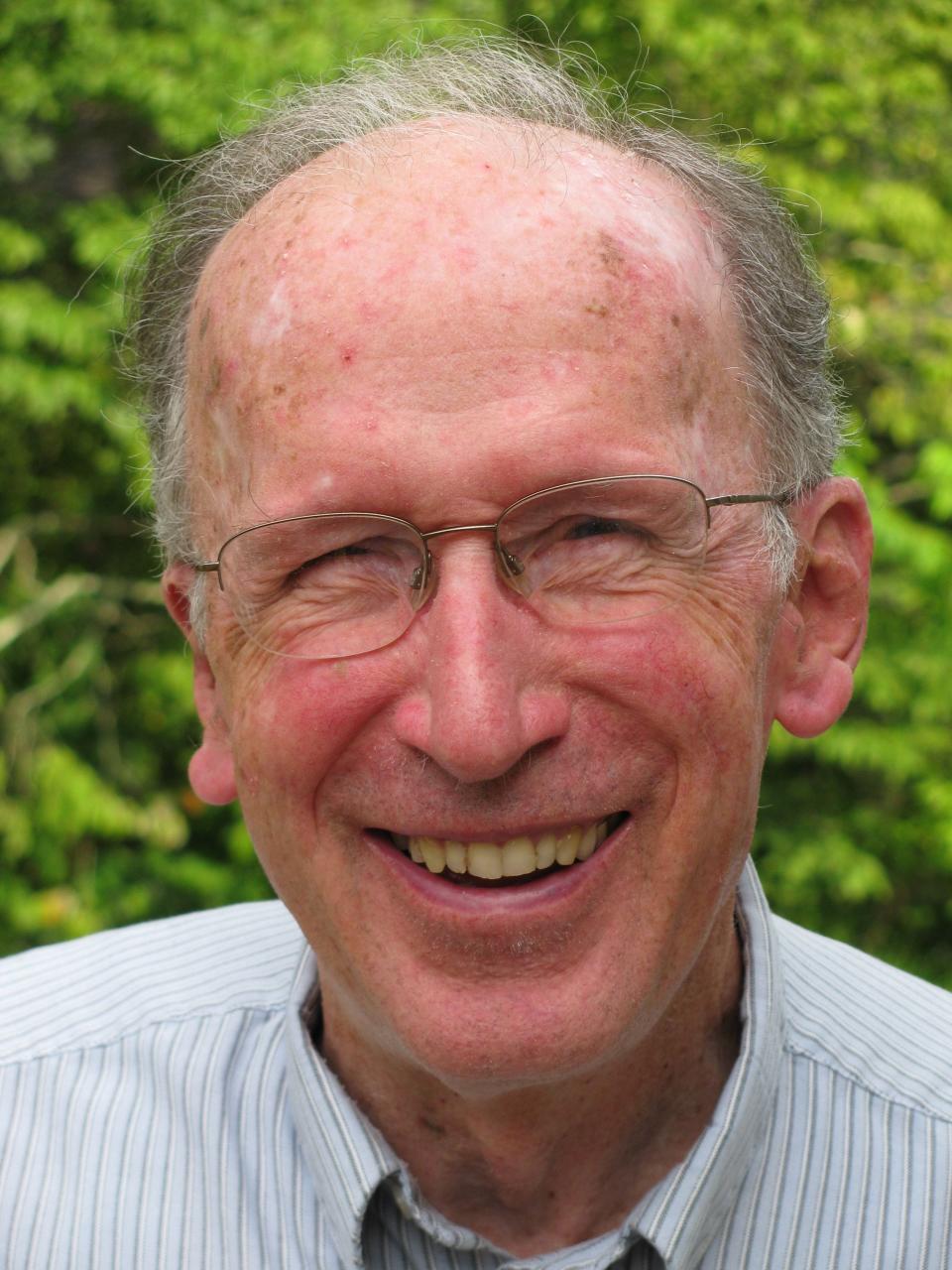Opinion: Religion and governmental power combined is a marriage made in hell
One of the most ancient and dangerous combinations is religion and governmental power. Ancient rulers and religious leaders typically agreed to support each other. The rulers wanted legitimation of their power from the supernatural authority, which their populations generally feared, and religions wanted sponsorship and protection from the ruling power. This can be called a marriage made in hell because religion and the power of government, when combined, distort each other: religions gain coercive power from the ruler and rulers use religion to gain authority (legitimacy) and control over the population.
In contrast to this combination, America broke new ground by separating organized religion from governmental power. The power of religions is the power to transform human inner life, especially to inspire love for God and others. Governmental power, because of human tendencies to do wrong, is primarily responsible for executing justice for people and protecting human lives.
For a democracy to function properly, it is important to understand the place of coercion in human life. Max Weber defined the nation state as the entity with a monopoly of coercive power within a given territory. But coercion cannot create religious faith and love. Faith and love are created through words and example, example being more important in the end. Faith and love include being concerned for justice in human life. Therefore, religious people and others of good will should be advocates for justice in society. In a democracy, advocates for justice are able to advocate through free speech, freedom of the press and freedom of assembly that includes peaceful marches and demonstrations.
Despite the distinction that America has made between religion and government, the old tendency of both some religions and some government officials is still to seek to combine religions and government power. Examples of these powers coming together in the wrong way seen in the movements of Christian Nationalism in America and Hindu Nationalism in India. These movements harm both religions and government policies.
Nevertheless, Americans, whether religious or non-religious, have moral sensibilities that are important in the election of government officials and advocating for moral policies and laws. The moral sensibilities of the people of the nation are the nation’s real foundation. This is especially true for democracies because the very principles of democracies are based on morals that have been learned by humans over time in history. Christianity can claim to have had an influence in the development of these principles and the very system of democracies that recognizes human equality and importance of freedom and justice.
However, Christianity has been far from perfect in relating to governments, but with freedom of religion, religions can learn from each other and make a positive contribution to societies. American religious leaders have been important in the Civil Rights movement. Groups, such as African American churches and LGBTQA+ and Women’s Rights movements, have contributed to clarifying and strengthening the moral foundation of American democracy in their struggles for justice.
The struggles for clarifying and strengthening the moral foundations and actions of American democracy involve debate and social actions. Our democracy has made this possible even though many have suffered over the years. American democracy is responsible to protect the advocates of social justice from being harmed by people who do not like the changes they are advocating. This was clearly seen in the cases of helping people afflicted with AIDS, who were mainly from the LGBTQA community.
The present election year is especially crucial in preserving our democracy and preventing people from using their religious and moral views to enforce their views on others. This was seen in the Reagan Administration when activities to fight HIV were hindered by people whose moral views opposed anything related to improving life conditions for people in the LGBTQA+ community. Nevertheless, freedom to advocate for justice by both religious and non-religious people was able to greatly improve life in American society. Religious nationalism in any nation prevents the advance of justice because humans, not necessarily their religions, are faulty. In other words, because humans are faulty, their religious views can be faulty and these view should not be forced on others through religious nationalism.
More: Opinion: US democratic ideology needs to be more representative, where majority prevails
More: Opinion: Trump uses fear and resentment as weapons as he seeks return to White House

Rev. Robert L. Montgomery, Ph.D., lives in Black Mountain.
This article originally appeared on Asheville Citizen Times: Opinion: Religious nationalism prevents advance of justice


